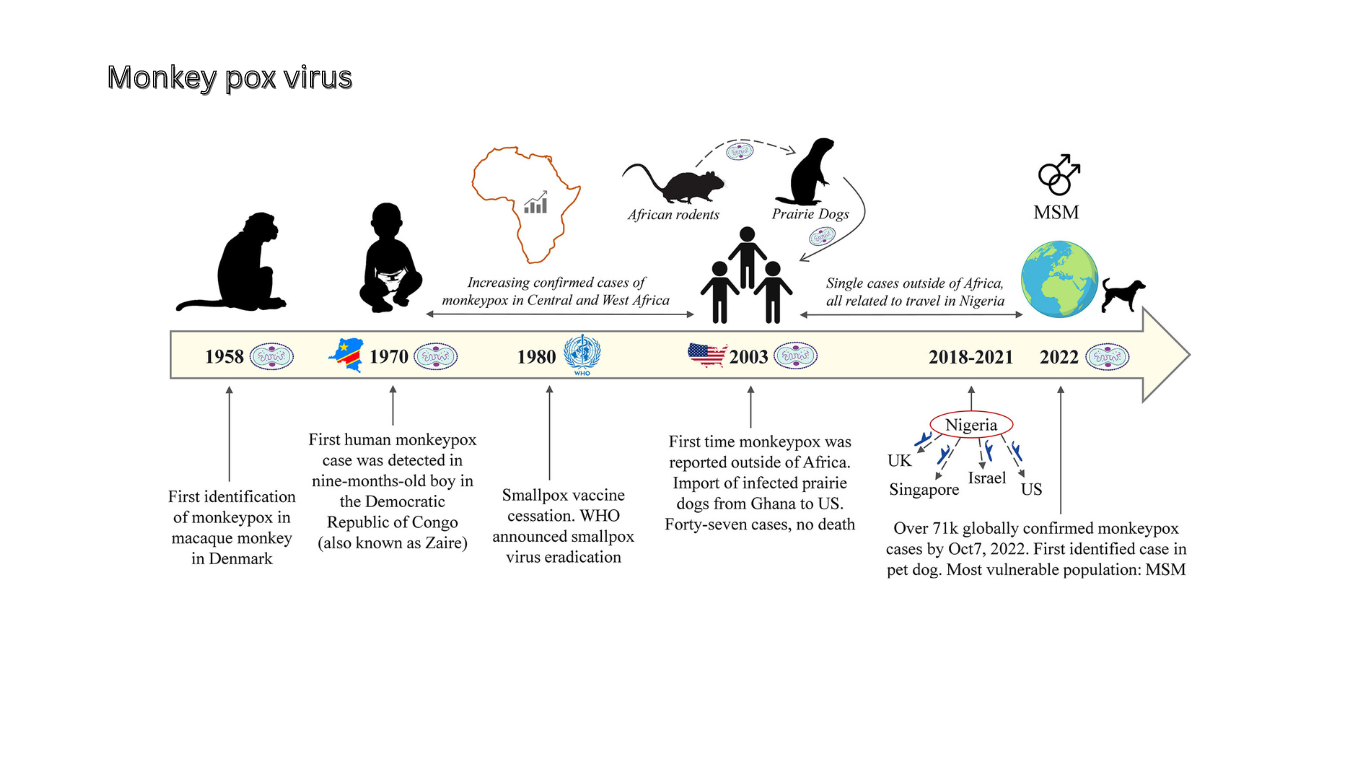
Stay Informed, Stay Protected
Pakistan is currently facing a new health challenge with the detection of its first monkeypox (M’pox) case.

This initial case has quickly been followed by two more infections reported in the Khyber Pakhtunkhwa (K-P) province, bringing the total number of confirmed cases to three. The rapid spread of the virus has raised concerns nationwide, prompting the government and health authorities to take immediate action.

In response, airports across the country have been placed on high alert. This heightened state of vigilance involves enhanced screening and monitoring procedures, particularly for international travelers, to prevent further spread of the virus.

The urgency of these measures reflects the growing fear that monkey pox, if not contained, could pose a significant threat to public health in Pakistan.

The National Command and Operation Centre (NCOC), which played a crucial role in managing the COVID-19 pandemic, has also issued a nationwide alert. This alert comes in the wake of an increase in monkey pox cases worldwide, signaling that Pakistan is not isolated from this global trend. The NCOC’s involvement underscores the gravity of the situation and the need for coordinated efforts to manage this potential outbreak.

Monkey pox, while not new, has historically been confined to certain regions, mainly in Central and West Africa. However, its recent spread to other parts of the world, including Pakistan, has raised alarms. The virus is known to cause symptoms such as fever, rash, and swollen lymph nodes, and while it can be serious, particularly for those with weakened immune systems, it is generally less transmissible than viruses like COVID-19.

Despite this, the emergence of monkey pox in Pakistan is a cause for concern, particularly given the current state of the country’s healthcare system. The healthcare infrastructure in Pakistan is already under strain from various other health challenges, and the added burden of managing monkey pox could exacerbate existing vulnerabilities.
There is a growing concern that if monkey pox spreads further, it could become a significant public health issue in Pakistan. The virus’s presence highlights the need for robust public health measures, including increased awareness, early detection, and effective isolation and treatment protocols. Learning from the COVID-19 experience, Pakistan must prioritize preparedness and response strategies to mitigate the impact of monkey pox on its healthcare system.

In conclusion, while monkey pox is currently in its early stages in Pakistan, the situation demands close monitoring and a proactive approach. The government’s swift actions, such as airport screenings and the NCOC’s alert, are steps in the right direction, but continued vigilance and public cooperation will be key in preventing this virus from becoming a future scourge to Pakistan’s healthcare system.
